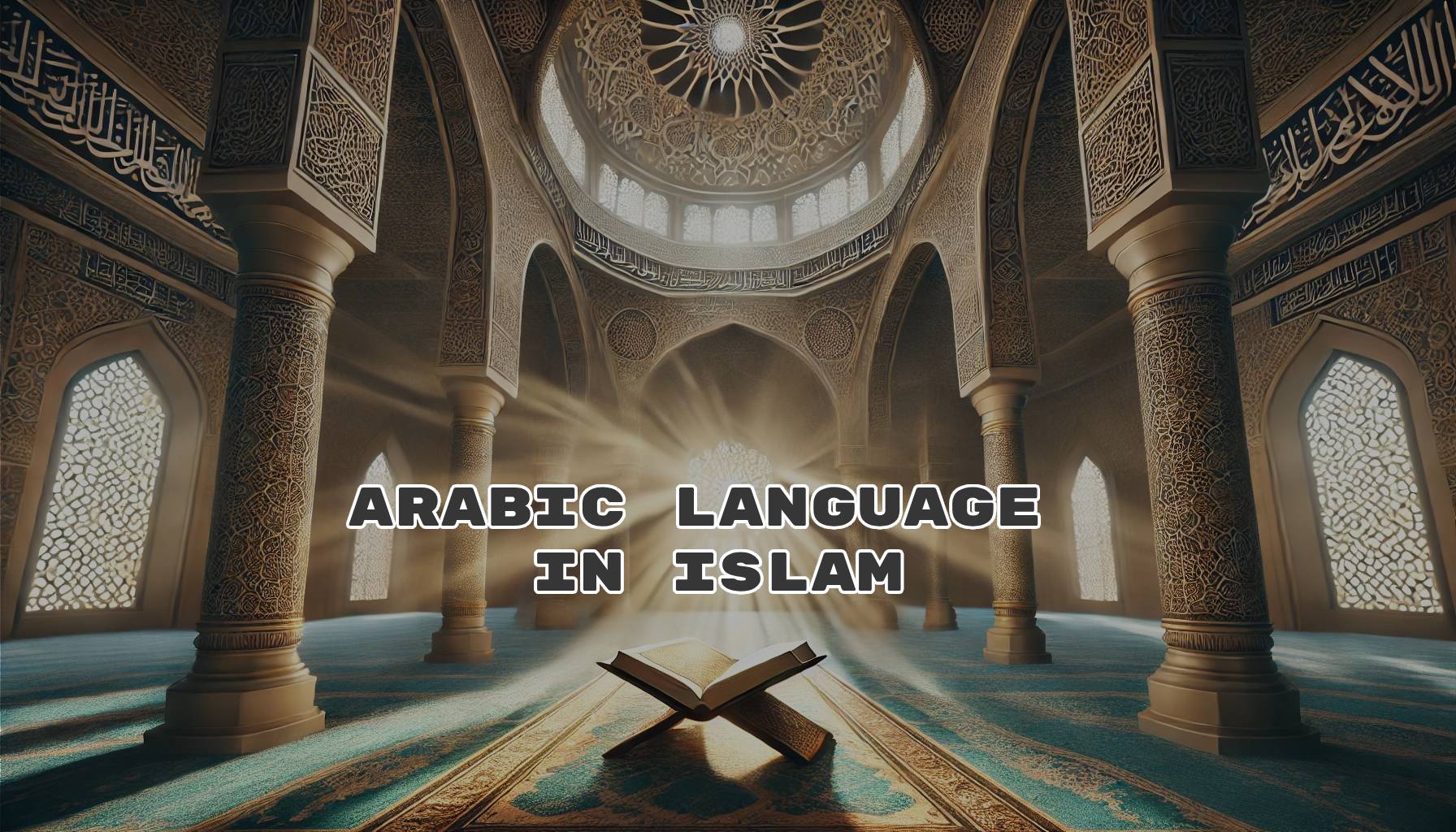Arabic Language in Islam: A Noble Status and Eternal Importance
The Arabic language holds a great position in Islam, as Allah chose it as the language of His divine revelation sent to the Prophet Muhammad (peace be upon him). The Quran explicitly mentions the Arabic language in several verses, emphasizing that it is not merely a tool of communication but an integral part of Islamic identity and a means to understand the faith.
The Arabic Language in the Quran
The Arabic language is explicitly referenced in the Quran in multiple verses, such as:
- “In a clear Arabic tongue” (Ash-Shu’ara: 195).
- “We have sent it down as an Arabic Quran” (Yusuf: 2).
- “And thus We have sent it down as a judgment in Arabic” (Ar-Ra’d: 37).
These verses highlight that the Arabic language is not only a medium for conveying meanings but also an instrument for delivering divine rulings with clarity and precision.
The Importance of Arabic in Understanding Islam
The choice of Arabic for the Quran carries several implications, most notably:
- Clarity of Expression: Arabic is characterized by its linguistic richness and eloquence, making it capable of conveying nuanced and profound meanings.
- Miraculous Eloquence: The Quran stands as a linguistic miracle, challenging the Arabs at the peak of their linguistic mastery.
- Preservation of Religion: Preserving the Arabic language is essential for safeguarding the Quran and the Sunnah, as understanding Islamic texts relies on a deep knowledge of Arabic.
Arabic as a Vessel for Islamic Law
Arabic is not merely a communication tool; it is the vessel that preserves Islamic law. Scholars have emphasized that Islamic sciences, such as Quranic exegesis, Hadith, jurisprudence, and principles of Islamic law, rely on mastery of the Arabic language to understand and interpret texts accurately.
Modern Challenges Facing the Arabic Language
In contemporary times, the Arabic language faces several challenges, including:
- Dominance of Foreign Languages: Increasing reliance on foreign languages in education and media.
- Weakness in Learning Arabic: Deficiencies in educational curricula and a lack of engaging methods to teach Arabic.
- Modern Technologies: Extensive use of colloquial dialects on social media platforms.
Preserving the Arabic Language
It is crucial to take serious steps to preserve the Arabic language in light of these challenges, including:
- Enhancing Arabic Education: Introducing advanced curricula that motivate students to learn Arabic.
- Arabization of Sciences: Supporting initiatives aimed at Arabizing scientific terms and disciplines.
- Using Arabic in Media: Encouraging media outlets to adopt classical Arabic.
Conclusion
The Arabic language is not just a means of communication; it is the language of religion and identity. Preserving it is not optional but a religious and cultural duty that connects Muslims to their roots and their faith. The challenges it faces today require concerted efforts by governments, educational institutions, and cultural organizations to ensure its survival and vitality.
Categories
- Arabic Language in Islam
- Quranic Studies
- Linguistic Preservation
- Islamic Identity
- Challenges to Arabic Language
- Arabic Education and Media
- Arabization of Sciences


Comments are closed